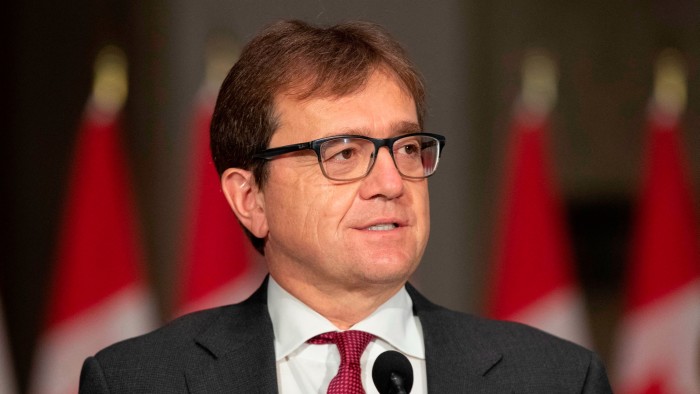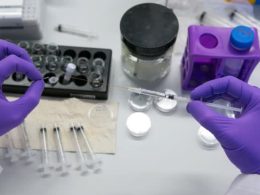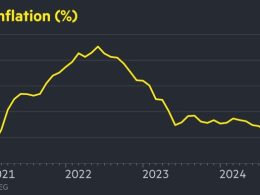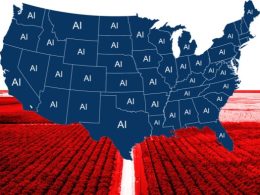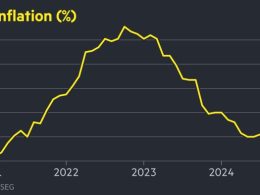Unlock the White House Watch newsletter for free
Your guide to what the 2024 US election means for Washington and the world
Canada is open to buying more US military hardware and forging a deeper critical minerals alliance with its southern neighbour, the country’s energy minister has said, as Ottawa lobbies to persuade Donald Trump not to impose swingeing tariffs.
Jonathan Wilkinson told the Financial Times that Ottawa was eager to build closer ties with Washington that could support the president-elect’s priorities of strengthening America’s energy independence and meeting the challenge posed by China’s rise as an economic and military power.
This could include purchasing submarines and other military equipment and developing more critical mineral projects in Canada that would displace Chinese products from US supply chains, he said.
“There are opportunities for us to procure a lot of the go-forward military equipment, like the submarines from the United States. And certainly, we are open to that as part of the broader conversation,” said Wilkinson during an interview in Washington.
But he warned Ottawa would respond with “tit-for-tat” measures if Trump, who will be sworn in as US president on Monday, imposed a threatened 25 per cent tariff on all Canadian imports into the US.
Wilkinson said retaliatory tariffs would focus on products that would create “the greatest amount of angst in the United States with the least amount of pain in Canada”, potentially steel from Michigan or orange juice from Florida.
But he said such an outcome would undermine mutual trust and called the fight over tariffs a “distraction” from more pressing issues.
“The challenge that we face internationally right now, it’s not Canada-US, it’s China,” said Wilkinson. “It has strategic control of a number of different assets, and particularly true of critical minerals.”
He called for the North American allies to “build an energy and minerals security partnership or alliance that actually enables us to both contribute to common outcomes”.
Last month, Beijing banned the export of several rare earths to the US in an escalation of a technology war. China controls most of the supply chain for rare earths, which are critical inputs for advanced clean energy and defence technologies.
Wilkinson’s visit to Washington — where he is meeting Republican politicians, industry representatives and other stakeholders — is part of an increasingly frantic lobbying effort by Ottawa aimed at persuading the US president-elect to resist imposing tariffs on Canada, which economists have warned would tip the nation’s economy into recession.
In November, Trump proposed the 25 per cent tariffs on all imports from Mexico and Canada, accusing the US’s closest neighbours of failing to tackle illegal migration and drug trafficking.
The US and Canadian economies are deeply intertwined. Canada’s oil industry supplies more than half of US crude imports, and Washington has invested tens of million of dollars in Canadian critical mineral projects in a bid to reduce reliance on Chinese imports.
Wilkinson said US tariffs on Canadian imports would hurt US consumers as well as Canadians, pushing up the price of gas and other vital goods. “Where are they going to get potash? Where are they going to get uranium?” he said. “Where are they going to get critical minerals? Are they really going to turn to China?”
Last week, Trump suggested he could use “economic force” to annex Canada, saying it would be “much better for national security”.
Wilkinson said Canadians were agitated by the comment, adding that Canada “would not become a 51st state”.
“We are a sovereign nation,” he said. “Our national game is hockey, it’s not football or baseball. We go to Tim Hortons, we don’t go to Dunkin’ Donuts, and we have two languages, they are English and French . . . Canadians have no interest in being Americans.”
Source link





